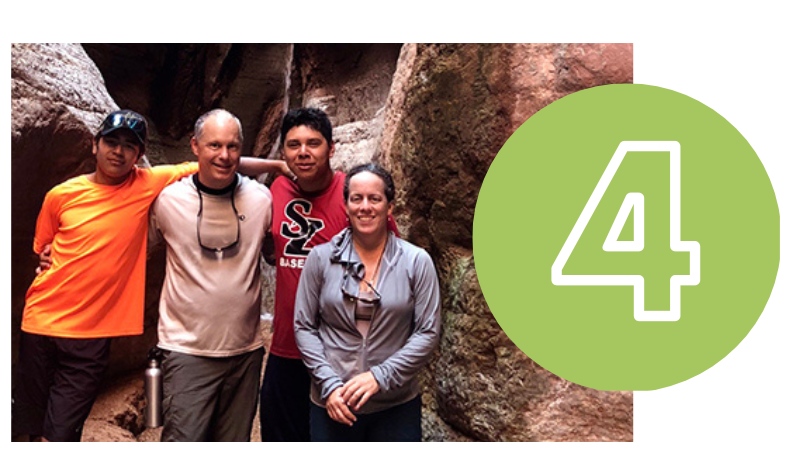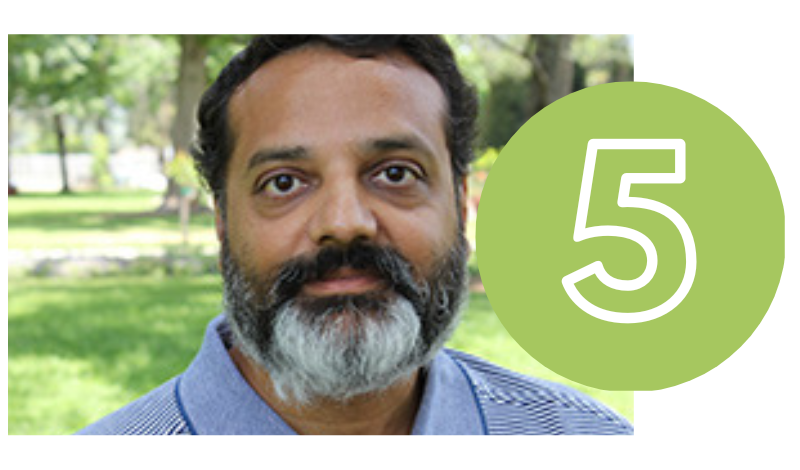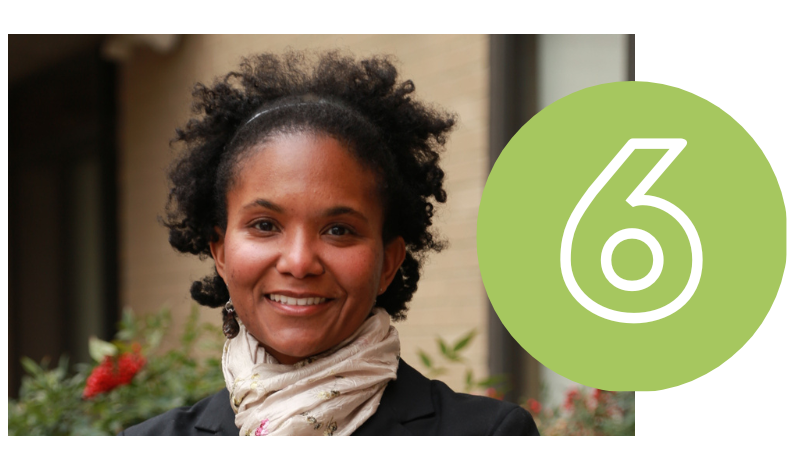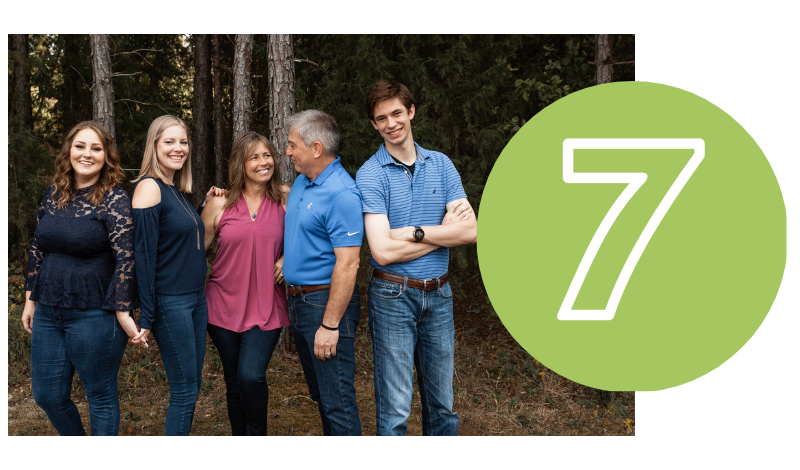
Here are some resources and tips to help you manage a personalized course of action, help you understand more about your specific lung cancer, and find the support you need.
Although these 7 steps for your lung cancer diagnosis are part of The First 7 Days podcast series, these 7 steps are to guide you at YOUR pace along YOUR personalized treatment plan – not a feat to be accomplished in 7 days.

STEP 1: You have time to get the right diagnosis, the right treatment plan, and the right team.
Prepare to learn new vocabulary – it’s okay, you don’t need to cram today! Figure out how you want to track your journey. Do you go digital or want a file folder? Figure out your way to organize your research, your questions, jot down words that you don’t know, a concept you don’t quite understand to figure out along the way.
Listen to The First 7 Days: Do you speak cancer? Learning a new lung cancer vocabulary

STEP 2: Get biomarker testing
These tests determine if your type of lung cancer has a targeted therapy available.
- Unless you are experiencing severe symptoms that need immediate attention, do not start treatment until you have received the results of comprehensive biomarker testing.
- Request copies of your pathology report, scan reports, labs, scan files, and other diagnostic records so you will have them if needed for future reference.

STEP 3: Find a lung cancer specialist.
You’ll want to begin a relationship with a thoracic oncologist or thoracic surgeon.
Find a lung cancer specialist (such as a thoracic oncologist or thoracic surgeon) and make an appointment to discuss diagnosis and treatment plans.
How to find a lung cancer specialist – a good place to start is finding an NCI-Designated Comprehensive Cancer Center.
Develop a list of questions before you go. Arrive prepared with questions. Remember: there is no such thing as a “dumb” question. Ask anything that you want and, if you do not understand the answer, ask the doctor to explain things more clearly.
A few questions to consider:
- What kind of lung cancer do I have: small cell? Non small cell?
- What stage is my cancer? And what does the stage mean?
- Is there a patient portal for routine questions? If so, how do you access it?
- Is there a nurse or physician assistant to whom you can speak directly?
- What is the protocol for communicating after business hours or on the weekend?
Bring a notebook. A notebook dedicated to your lung cancer will prove to be invaluable. You will be given a lot of information and will have many questions. It is easy – and totally normal – to become overwhelmed. Lung cancer has a language all its own, and, unless you’ve been exposed to it, everything will be new to you. A notebook to refer back to will help not only you, but your family and support system. If you are unclear on anything your oncologist tells you, ask them to explain it more clearly and/or to write it down.
Bring a calendar. During the course of your diagnosis and treatment, you will have many appointments with doctors, surgeons, and for scans, blood tests, and other testing.
Call on YOUR CIRCLE OF SUPPORT. Bring a family member or trusted friend to these appointments. Who can help you take good notes and make sure your questions get answered?
Begin to build your communication chain. It is also important that you ask your oncologists’ office to share this information with your primary care physician.

STEP 4: Get a second opinion.
Get a second opinion. Look for a comprehensive cancer center that may be at an academic medical institution. COVID-19 changed how health care is delivered for people across the country. Today it is possible to get a second opinion from thousands of miles away.
Find a Comprehensive Cancer Center designated by the National Cancer Institute
- Podcast: Getting A Second Opinion: How COVID-19 may be changing lung cancer treatment for the better
Ask what records they need, and send them ahead of time.

STEP 5: Learn as much you can.
Find out about your biomarker (if you have one), options for lung cancer treatments, and support available from lung cancer groups through reputable sites online like lcfamerica.org.
Learn more about lung cancer biomarker (if you have one).
Learn more about options for lung cancer treatments.
Learn more about reputable support available from lung cancer groups and online sites.

STEP 6: Work with your health care team.
Working with your health care team, a customized treatment plan should be designed specifically for you. This might include participating in a clinical trial.
Who makes up your health team?
In addition to your thoracic oncologist, and your primary care physician, you may have other doctors you see for other health conditions. Also, it is a good idea to find someone you trust to go with you to your doctor appointments to listen and take notes for you. All of these people will make up your health team. These resources will help you keep everything you need organized and ready to take to your appointments.
What are clinical trials?
Clinical trials are a way for physicians to find answers to questions in medicine. They are often a way for a lung cancer patient to get access to a new and potentially very beneficial treatment before it is widely available. The important thing to remember is that the patient will always get at least the standard of care with any clinical trial, and they might get something beyond that standard of care that works really well for them.
How do you find a clinical trial?
The best thing is for you to discuss the possibility of clinical trials with the physician who is treating you for your cancer. But, you can also look to see if there is a clinical trial that you might qualify for using Antidote.me
PODCAST: What Should I Know About Lung Cancer Clinical Trials?

STEP 7: Build a network of support.
Build a network of support with family members, friends, community members, and fellow advocates living with lung cancer.
Create a phone list to share with the team.
Choose a Phone & Email Contact List Templates
Find an online communities advocating for biomarkers.
These are some of the biomarker communities our Speakers Bureau participate in:
EGFR Resisters
ALK Fusion Facebook Group
ALK Positive
ROS1
KRASkickers
You are not alone in your lung cancer journey
Research is really make a difference in the survival rate of lung cancer patients. Stay informed.

